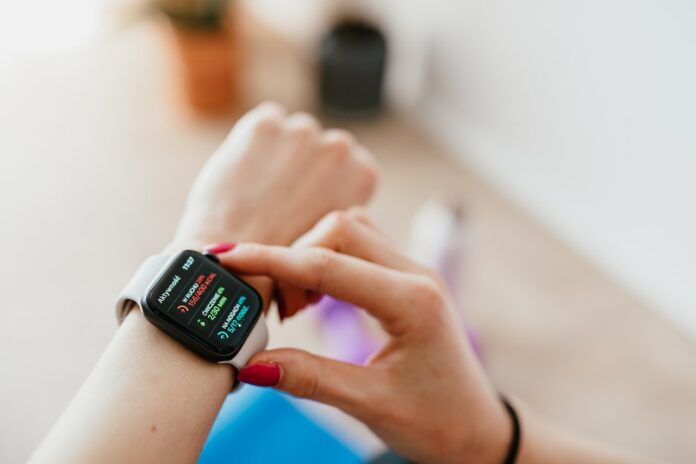
For most people, finding time to exercise during the day is the hardest part of their fitness routine. We all have busy lives with hectic schedules, and finding time to put away everything else and focus on ourselves is a never-ending struggle.
But if you want to live a happy, healthy life, it has to be done. Which causes many to ask the next inevitable question: when is the best time to do it? Is it in the early morning, when you’re getting ready to start the day? What about the afternoon, when you’ve had a few hours to nourish your body and give it the fuel it needs for a good workout? An evening workout is an option, too: but isn’t it a bad idea to work out that late in the day?
Below, we’ll delve into what science has to say on the subject. There’s a lot of very interesting data out there, and we’ve compiled the best of it into this article. For more information on which time of day you should be exercising, read on:
Exercising in the Morning
The science is actually split on whether morning or afternoon exercise is best. Of course, this confusion is based on a number of different factors. Just as how every individual is a beautiful and unique snowflake, your decision to be an early exercise person or an afternoon person will vary based on your body, and your own unique circumstances.
For many people who choose to work out first thing in the morning, it is simply the most convenient time of day to squeeze in a workout. The body seems to agree, according to our hormones. The human body has more testosterone available after waking, which can help build muscle. Additionally, exercising first thing on an empty stomach can aid in weight loss by burning away stored fat for energy while also training your body to burn more fat throughout the day. Lastly, anyone who suffers from low Vitamin D levels can benefit from the extra sun exposure – just be sure you wear a mild sunscreen so that you don’t over-expose yourself.
Exercising in the Afternoon
Exercising in the afternoon has its benefits, too. Your strength, flexibility, and pain tolerance all peak in the afternoon. For serious athletes who are trying to build lots of muscle, train for an endurance race, or want an intense cardio workout, scheduling your exercise for the afternoon will set you up for the highest level of performance with the least amount of discomfort and injury. And, since your body will have already been moving and your blood flowing for several hours, afternoon workouts require the least amount of warm-up time.
Exercising in the Evening
Most fitness experts discourage evening workouts. For one, getting your body revved up for a late workout will interfere more with your natural sleep patterns than at any other time of day (if you struggle with insomnia, early morning is actually best).
However, there are some benefits to putting your exercise off until later in the day. If you work a particularly stressful job, you can “leave it all on the gym room floor” and neutralize your stress at the most opportune point of the day. And, for some, tiring their bodies out with strenuous exercise actually helps them sleep better. These lucky few, however, are in the minority.
Most Importantly, Exercise When:
There is a certain X factor (or several X factors) involved with picking your ideal time of day for exercise. Is it unsafe to jog on the roads near your home during the early morning hours? Will your noisy workout routine disturb neighbors or loved ones where you live? Is your gym more or less busy during a certain time of day? And most importantly: do you have the motivation and energy to do your workout in the morning/afternoon/evening?
Well, you will if you incorporate Nitro XL into your pre-workout routine. Nitro XL harnesses the power of Nitric Oxide (NO) to give your body the energy it needs for a superior workout, regardless of the time of day. It contains L-Arginine, L-Ornithine, and Arginine to increase the Nitric Oxide levels in the blood. The more NO there is in your blood stream, the easier it is for your muscles to absorb the maximum amount of oxygen and other vital nutrients. And when your muscles have more oxygen and nutrients inside of them, you can work out harder for longer – and get the results you deserve. Click here to learn more!






